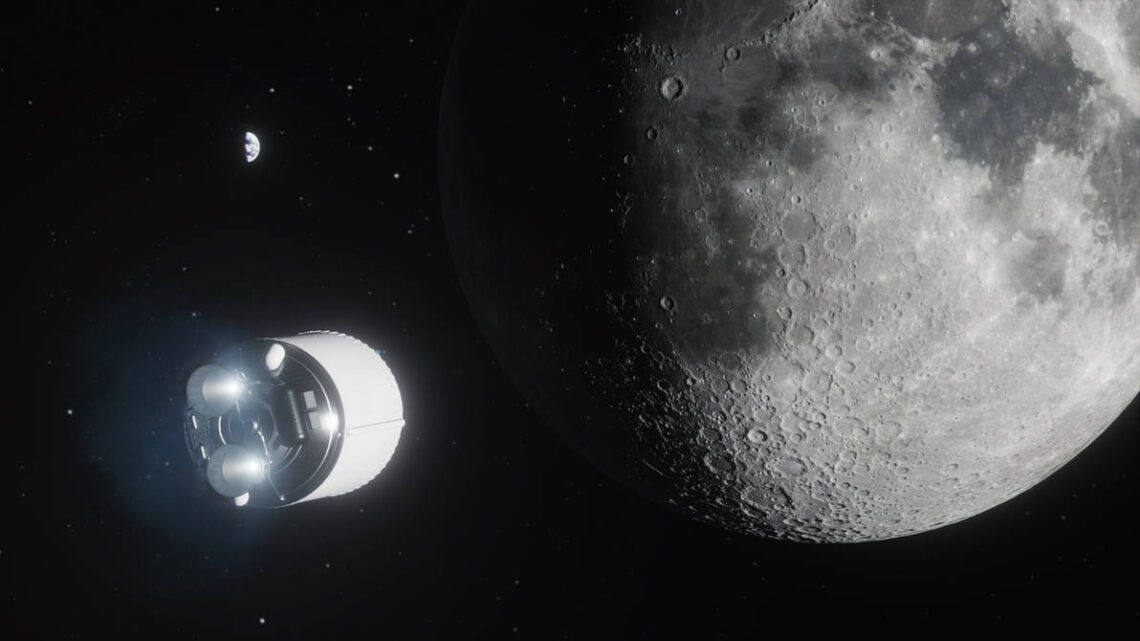Old folk tales suggested that anything lost on Earth magically migrated to the moon: money, cutlery, socks, perhaps even lost love. The philosopher Rene Descartes thought that souls migrated to craters named for them on the moon. The private company Celestis wants to send your ashes there, starting at just $12,995.
And it almost succeeded, but the private lunar lander that carried the cremains of a dog and 70 people didn’t make it to the moon in January, as originally planned.
Once it became known that a commercial lander was carrying human remains, objections mounted, especially from the Diné people. The Navajo nation, along with other cultures, consider the moon sacred. It was an eerie reprise from the 1990s when an official NASA spacecraft carried on board the ashes of pioneering lunar scientist Eugene Shoemaker.
NASA apologized for that incident and promised to consult on the matter in the future. It did not. Since the demise of the Peregrine lander mission — built by Astrobotic — the controversy has dropped out of the public eye. But we need to talk about this.
The issue of sending cremains to a celestial body that, because of our relationship with it, essentially belongs to all of us is not a private matter to be settled solely by companies offering such services and firms flying landers to the moon. After all, the moon is governed by treaty and, more importantly, is a deeply important human symbol and scientific archive. Despite the private nature of these mission payloads, the fact is they are taking place under a government program called CLPS — the Commercial Lunar Payload Services program.
What we send to the moon says a lot about who we are. Wealthy clients and the companies that cater to them appear to have gotten priority in this debate. Yet the government could issue regulations banning sending cremains to the moon via NASA and private American firms.
The spiritual — or, if you prefer, moral —…
Read the full article here

